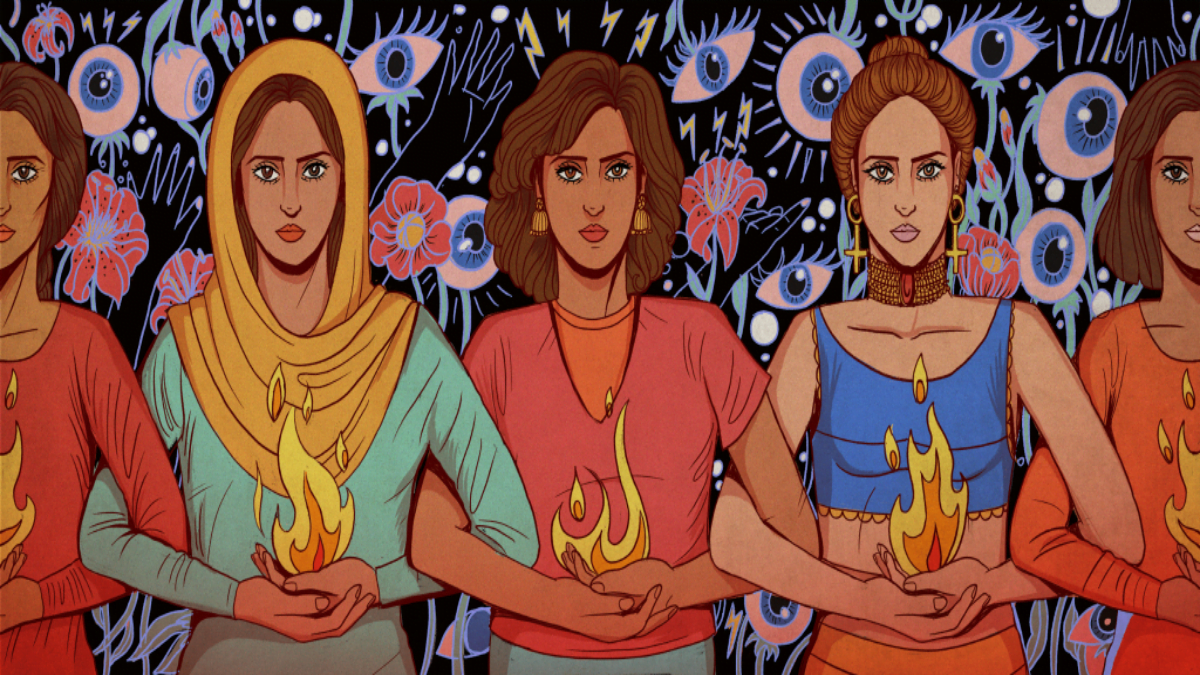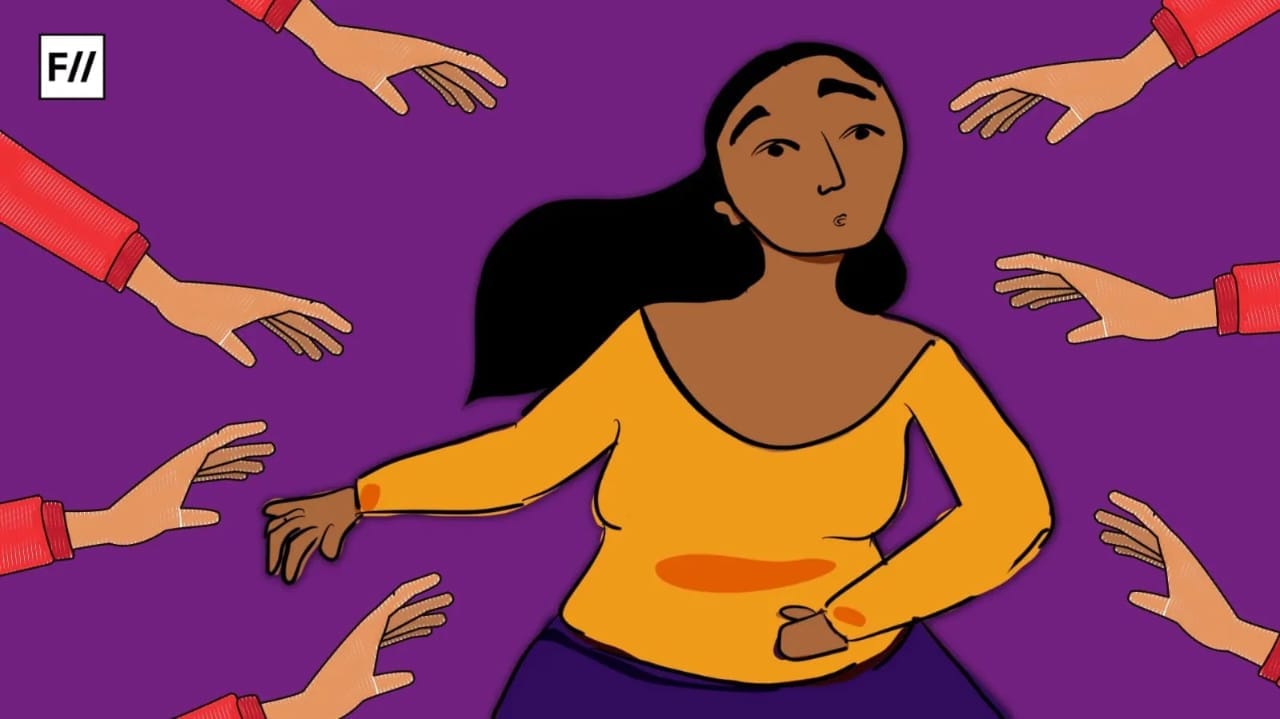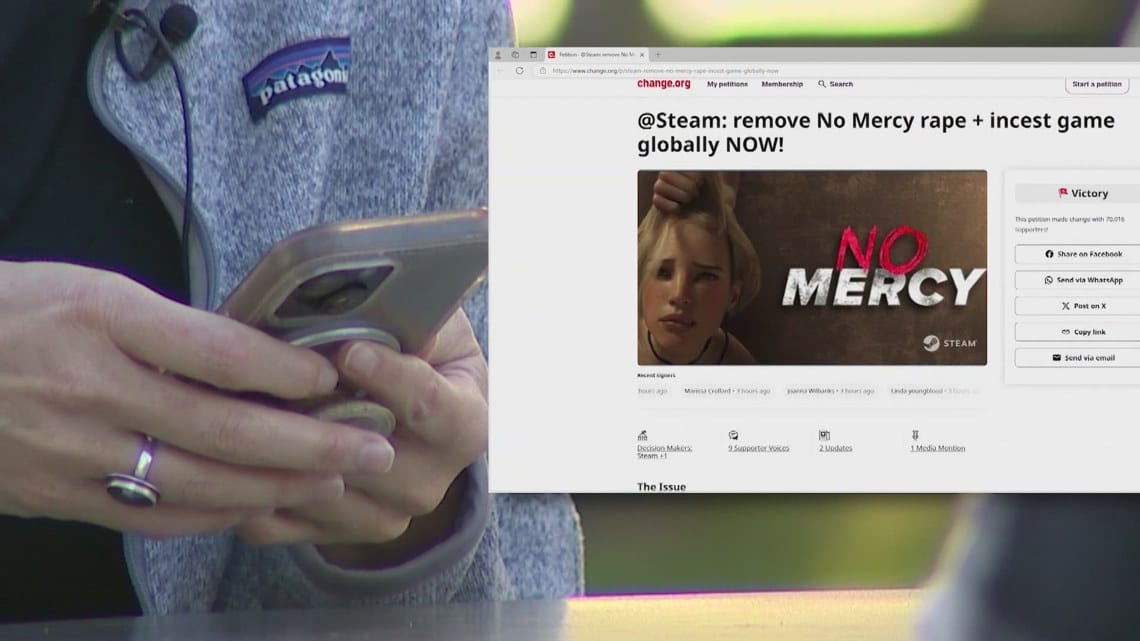Trigger Warning: Mention of physical violence against women
When one looks at the trending videos on YouTube, Pakistani dramas hold their position of poularity firmly with one episode coming after the other and one drama followed by another. The recent popular dramas are Tere Bin and Mujhe Pyaar Hua Tha featuring Wahaj Ali (Murtasim) and Yumna Zaidi (Meerab) in the former and Wahaj Ali (Saad) and Hania Amir (Maheer) in the latter.
Aggressive and confused protagonists in Pakistani dramas
The male protagonist of the Pakistani drama Tere Bin, Murtasim Ali Khan is an angry young man. He has masculine traits of aggression and domination. He runs after his family name and the honour associated with it that mainly comes from dominating women. However, the hero’s aggression and disrespect towards his wife, sister and cousin are justified to the audience at multiple points. When the heroine stands against him for his decisions, she ends up being wrong while the hero’s decisions stand firm and fair. Murtasim Khan’s aggression is justified because he had to take up familial responsibilities at a young age and left behind his dreams of becoming a photographer.
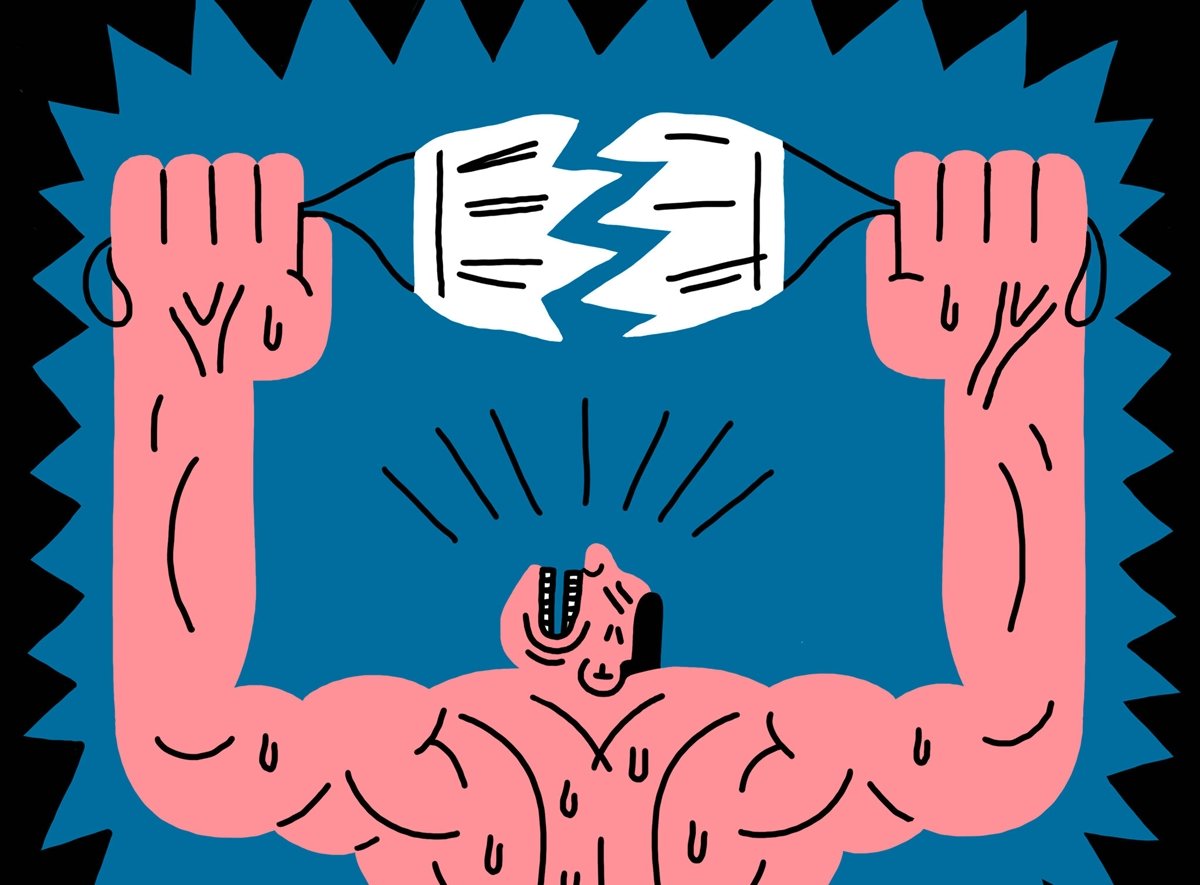
Meanwhile, the female protagonist of Tere Bin, Meerab Murtasim Khan, seems confused. Unlike her male counterpart, she did not discard her humility even when she was not allowed to pursue her dreams of becoming a lawyer. At the beginning of the drama, she is seen to be advocating for the rights of the oppressed. However, she gives in to the choices made by her family and gets married to Murtasim even after being slapped by him. She does not stand up against the violence done to her by her husband and mother-in-law.
The male protagonist of another Pakistani drama Mujhe Pyaar Hua Tha, Saad, is a patriarch but a non-violent person, unlike Mustasim. He respects his wife but fails to respect her opinions. When his family members or the society question his wife’s character, he stands up for her but always suggests she ignore them. On the other hand, the female protagonist of Mujhe Pyaar Hua Tha is a weak character. She does not have strong opinions or the ability to stand up for herself. She does three things in the drama – she falls in love; mourns her love; and falls out of love.
Making forced marriage seem desirable in Pakistani dramas
The institution of marriage holds major importance in Pakistani dramas reflecting the Islamic and South Asian cultures. While Islam as a religion celebrates marriage and provides freedom to every individual to make their choice of partners, these dramas romanticise forced marriage. In these dramas, when the bride and the groom say ‘Qubool Hai!‘ (I do!), it is mostly because of the emotional blackmail by the family. These forced marriages eventually end up changing into great love stories. The message that these dramas give is that young people cannot take good decisions for themselves. The social perspective that involves shaming, humiliating and degrading a woman who makes choices for herself is nicely shadowed by the notion that couples are made in heaven.
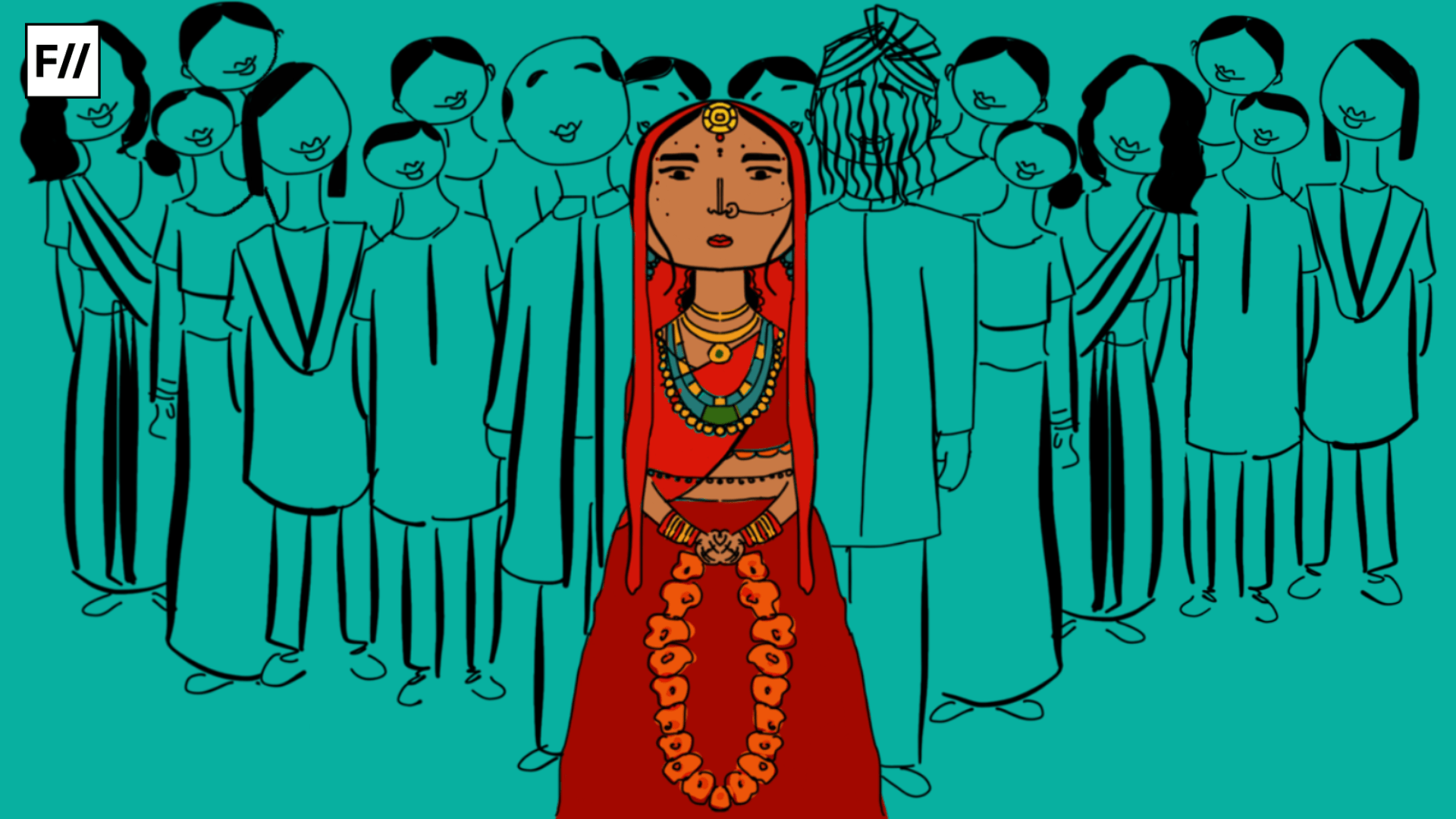
These Pakistani dramas present marriage as a woman’s ultimate desire and goal. Her education, career, personal relations and identity end up not mattering in the long run. However, for men, marriage does not bring changes in their educational or professional lives. In Tere Bin, Meerab wants to become a lawyer like her father who works to attain justice for the oppressed. She agrees to get married because of a big revelation in her life revealing that the parents who brought her up were not her real parents.
Not even once, after her marriage, Meerab is found to be wanting to pursue her dreams of becoming a lawyer. Meerab leaves all her friends behind and starts a new life with Murtasim which poses challenges to her ideals each day. Eventually, she loses her ideals one by one.
She takes an emotional decision and steps into a rich yet toxic mansion. She tries to contest the decisions of her mother-in-law and husband, but mostly she turns out to be the one who does not look at things from a larger perspective. Not even once, after her marriage, Meerab is found to be wanting to pursue her dreams of becoming a lawyer. Meerab leaves all her friends behind and starts a new life with Murtasim which poses challenges to her ideals each day. Eventually, she loses her ideals one by one.
In Mujhe Pyaar Hua Tha, Maheer gets married to Saad because the one she loves stood her up on the wedding day. Her father gets a panic attack because of which Maheer agrees to get married to Saad. For Maheer, her life mostly becomes defending her parents’ decision by the day and bearing the heavy weight of being betrayed by the night. Both the dramas, Tere Bin and Mujhe Pyaar Hua Tha show two people giving in to their choices for the sake of their families and due to the questions raised by society.
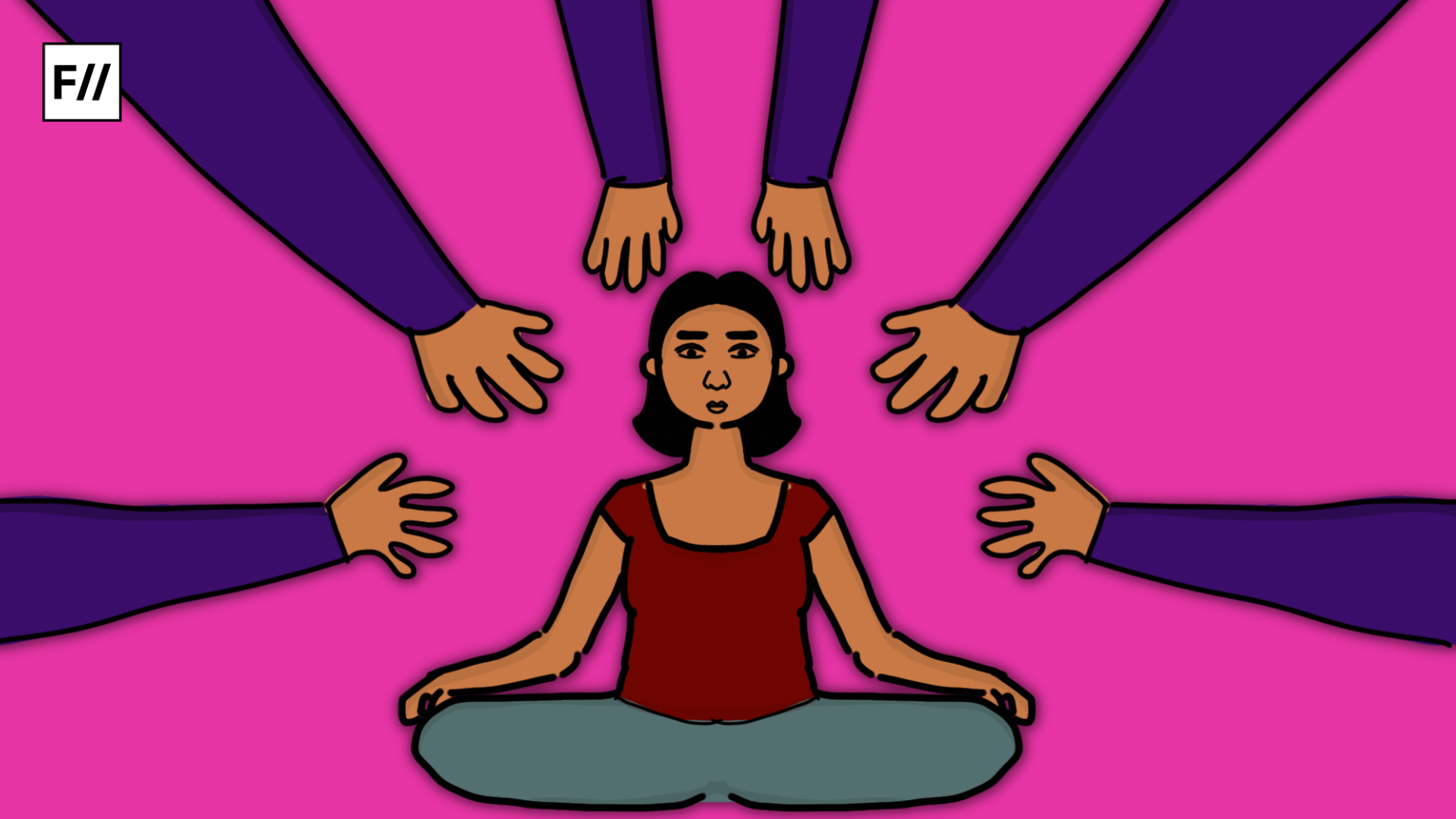
In both Pakistani dramas, the women’s responsibility lies within the domestic sphere, primarily taking care of their husbands and households. The gendered division of labour pushes women inside the four walls, making them economically and socially dependent on men. The lead women characters in these dramas leave their dreams and aspirations behind to become good wives and “homemakers”. Meerab leaves behind her dream of becoming a lawyer and helping the oppressed, especially women who undergo domination by their husbands. It is an irony that subtly with time, she, too, becomes one of the oppressed women, which is celebrated in the story. On the other hand, Maheer wants to help her parents by getting a job when her father falls ill, but like a good caring male chauvinist, Saad jumps in to protect Maheer and assures her that it is his responsibility to earn for the family.
Making violence seem desirable
Mujhe Pyaar Hua Tha promotes symbolic violence, while Tere Bin promotes both symbolic and physical violence. Symbolic violence is a concept given by Pierre Bourdieu in which physical bodies are not attacked, but thoughts and ideas are influenced for the advantage of people acquiring positions in the higher echelons of society. In Mujhe Pyaar Hua Tha, Saad never indulges in physical violence against Maheer. However, his subtle comments about Maheer being in love with the other man or not letting Maheer become financially independent to protect her promote two things. First, the culture of toxic relationships in which women are always questioned based on their past and the gendered division of labour in which women stay indoors and the man steps out to earn.
On the other hand, Tere Bin is an explicitly patriarchal drama that promotes violence against women. When Meerab questions Murtasim why he agreed to get married to her aggressively, he slaps her and she faints. There are multiple instances in which Murtasim drags Meerab by her hand with extreme aggression and disrespect. It reflects the entitlement that comes in handy in marriages for men. The character of Murtasim has gained a lot of popularity in South Asian countries which is problematic at multiple levels. It is leading to the promotion of a culture in which the entry point of romance becomes violence.
In India, when one looks at contemporary events like a husband chopping his wife’s body parts into pieces, it is extreme cruelty that stems from mild instances of violence between people in romantic relationships. Thus, it is extremely important to call out the popular content when it is not delivering the messages of social justice and equality.
In India, when one looks at contemporary events like a husband chopping his wife’s body parts into pieces, it is extreme cruelty that stems from mild instances of violence between people in romantic relationships portrayed in these dramas. Thus, it is extremely important to call out the popular content when it is not delivering the messages of social justice and equality.
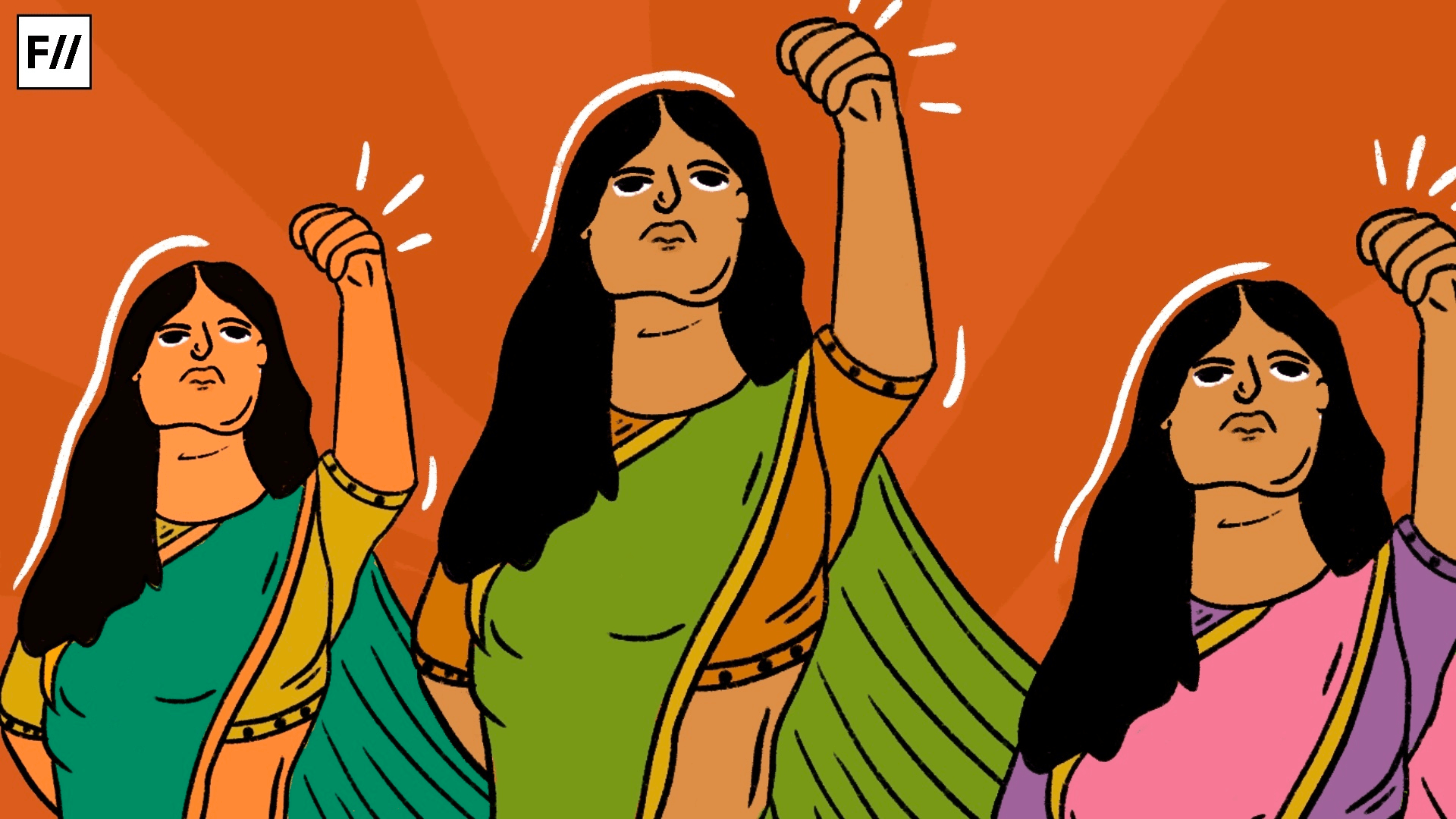
The other way in which symbolic violence is promoted is by making somebody feel worthless or useless. In Mujhe Pyaar Hua Tha, when Maheer is betrayed by her love, she feels that she is worthless and thus, agrees to get married to Saad as per as her parents’ wishes. She constantly keeps asking for forgiveness from her father for not being a good daughter because she wanted to marry a person of her choice. On the other hand, when Meerab and Murtasim get involved sexually in a moment, Meerab feels guilty and shameful for her act as she had promised herself that she would never consummate this marriage. She feels useless and runs away from the house. The honour associated with commitments and promises often makes women feel guilty and ashamed of themselves, quenching the thirst for patriarchy.
In a time when we need strong feminist characters who question prejudices and stereotypes, voice their opinions freely, and develop safe spaces in reel and real life, a large population ends up binge-watching and emulating the romance portrayed in these Pakistani dramas which is extremely patriarchal and misogynistic.
